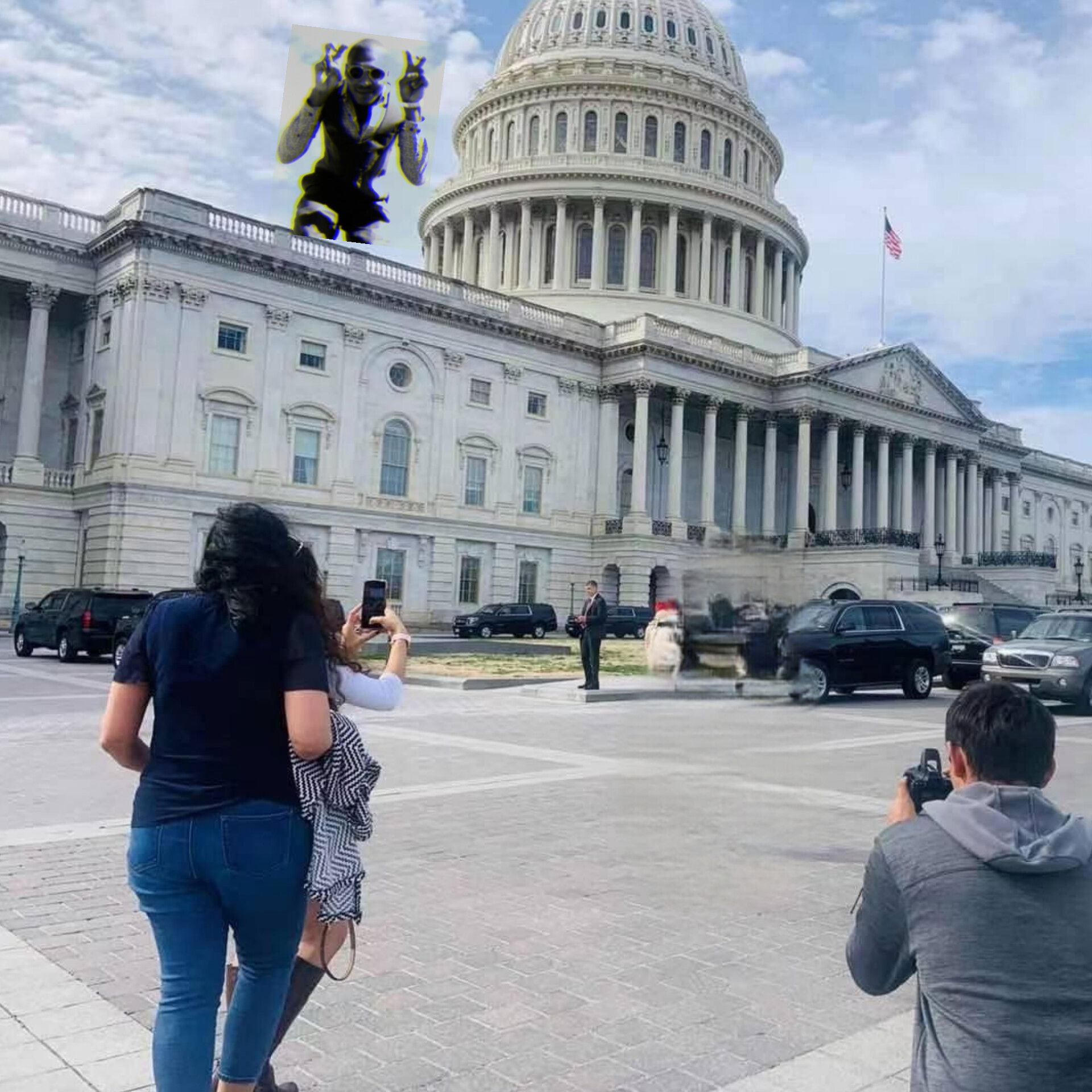COINTELPRO REBORN? Explosive Leak Exposes Shadow Operations Targeting Americans, Trump Administration Implicated
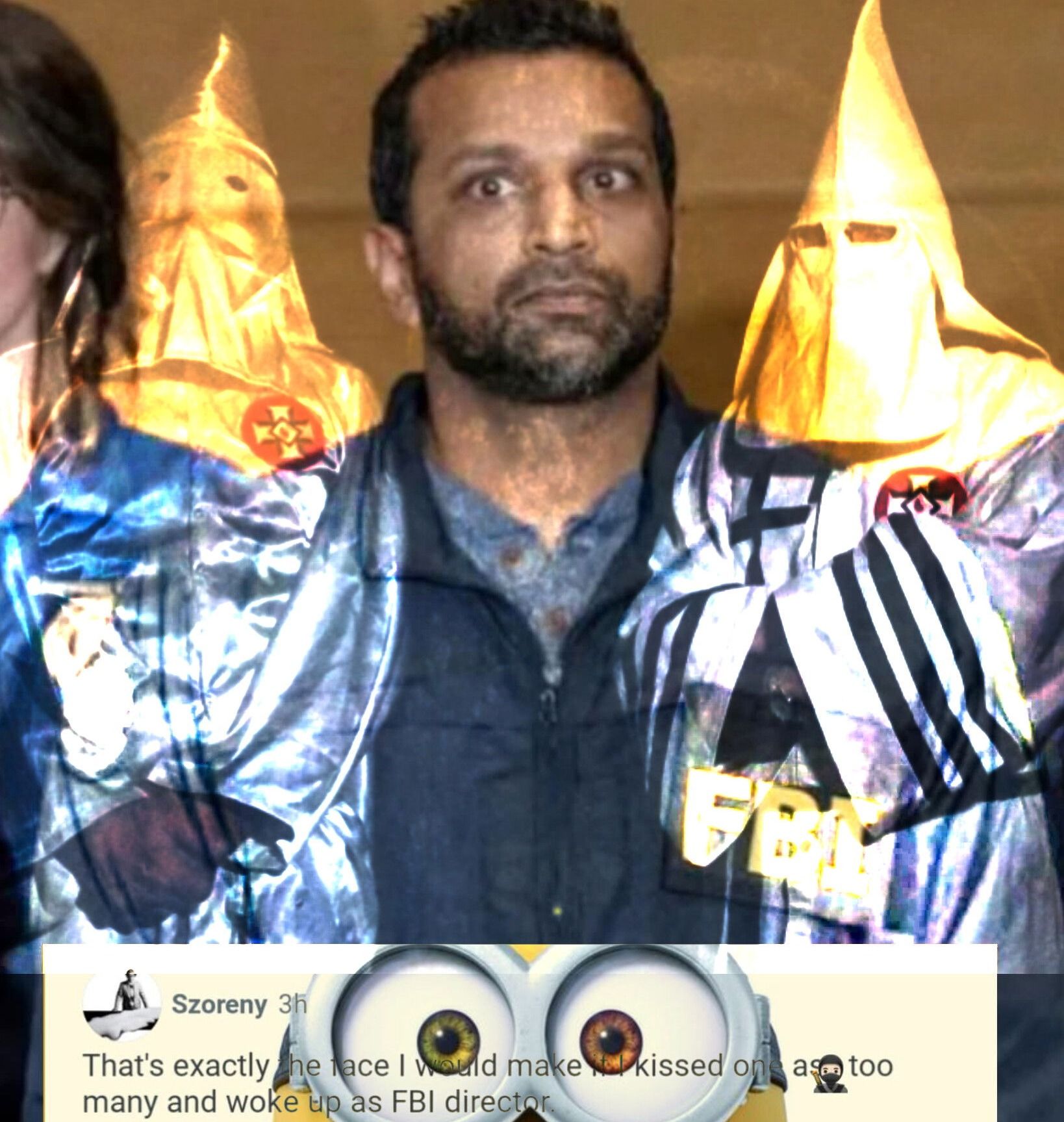
Washington D.C. – A seismic leak, reportedly originating from deep within the U.S. intelligence apparatus, has sent shockwaves through Washington D.C. and is rapidly spreading across the dark web, flooding servers and websites with damning revelations.
The documents, passed to select researchers and investigative journalists under the strictest conditions of anonymity, detail what appears to be a chilling resurgence of COINTELPRO-style operations, with disturbing implications for President Donald Trump's administration and its alleged "shady business in the dark.
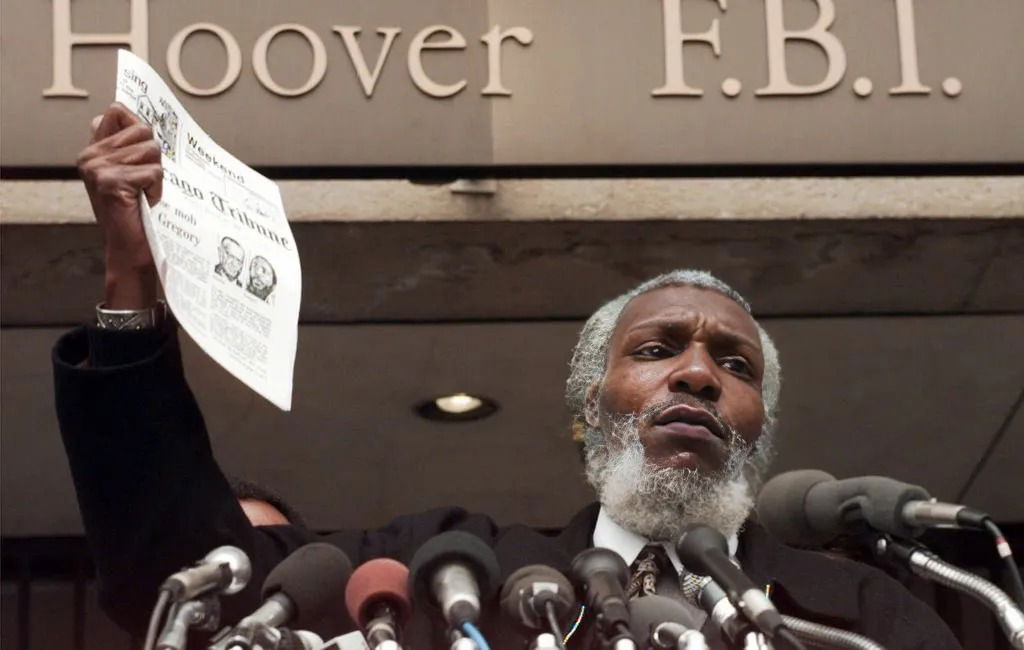
"Sources speaking on condition of extreme privacy – identified as individuals within the Department of Justice, the White House, and the U.S. Military – have confirmed the authenticity of some of the leaked materials. They describe a climate of fear and paranoia, where internal dissent is stifled and surveillance powers are allegedly being weaponized against political opponents.
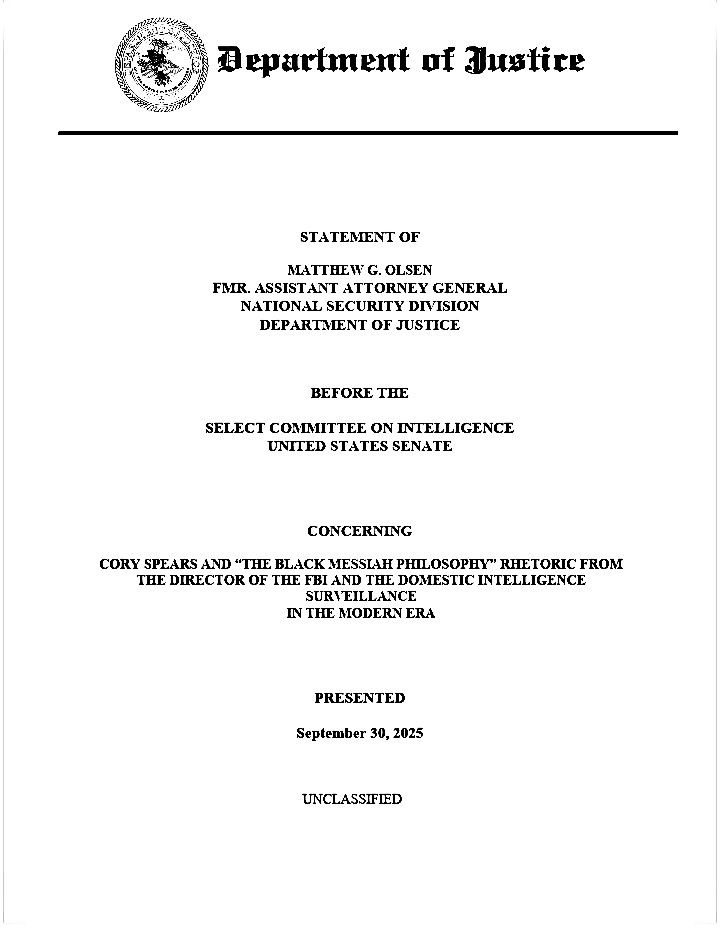
The leak centers around testimony attributed to an unnamed but highly placed official, who, in a clandestine hearing, began by contextualizing the revelations within America's fraught history of domestic surveillance."I will therefore begin my testimony today with a brief discussion concerning the historical erosion of protected speech in America," the leaked document states.
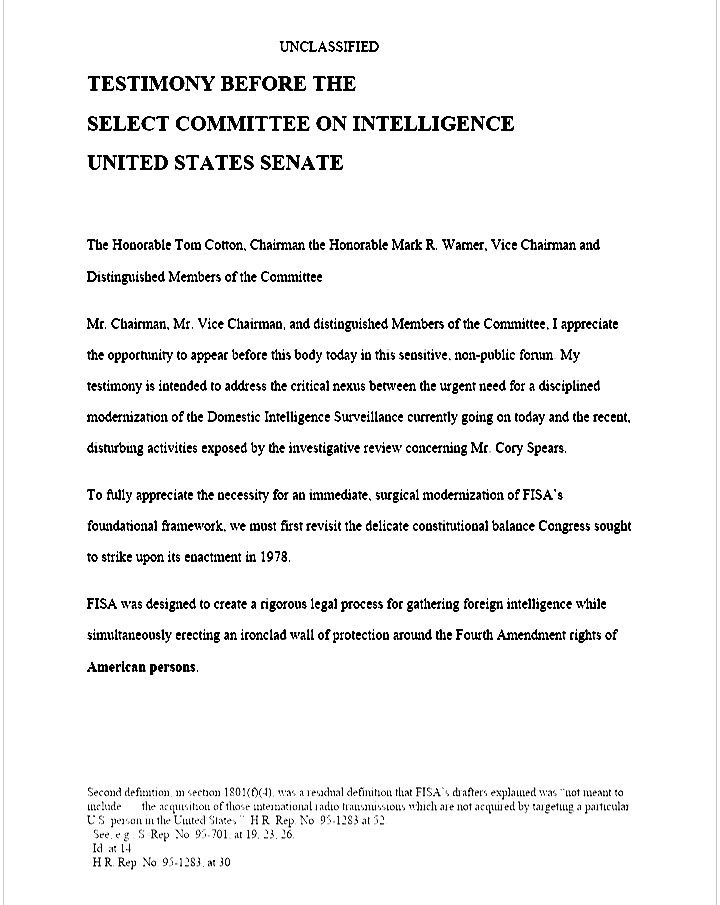
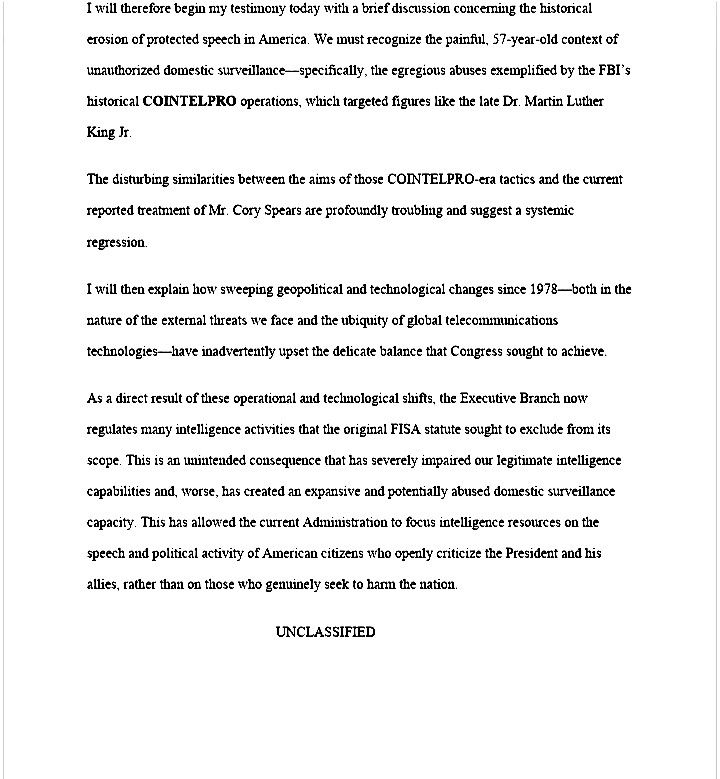
"We must recognize the painful, 57-year-old context of unauthorized domestic surveillance—specifically, the egregious abuses exemplified by the FBI’s historical COINTELPRO operations, which targeted figures like the late Dr. Martin Luther King Jr."
This stark invocation of COINTELPRO, the FBI's notorious program from the 1950s to the 1970s aimed at disrupting and discrediting domestic political organizations, immediately signals the gravity of the leak. COINTELPRO is infamous for its use of infiltration, psychological warfare, disinformation campaigns, and illegal surveillance to suppress dissent and maintain the status quo.
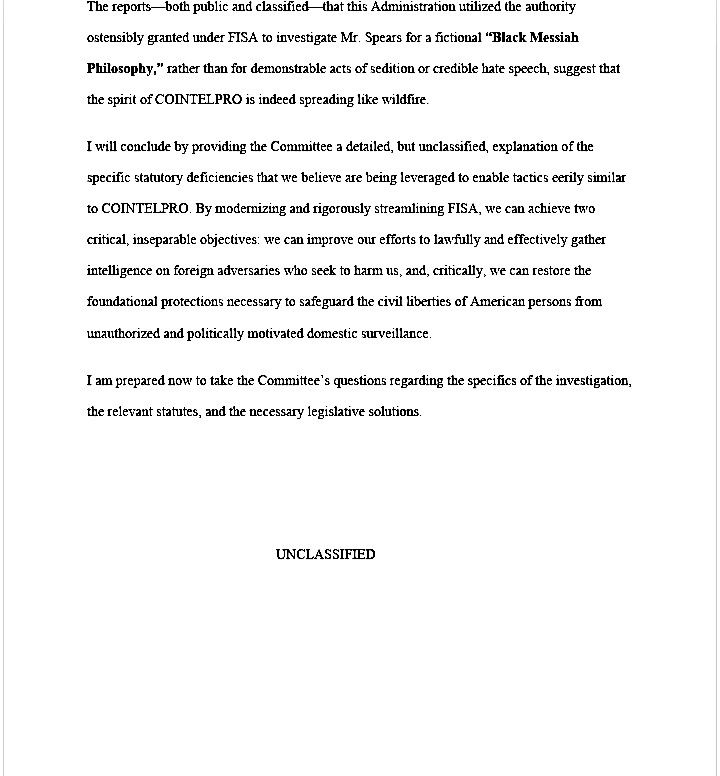
The testimony then pivots to a more contemporary and deeply concerning matter, introducing a figure named Mr. Cory Spears."Mr. Chairman, Mr. Vice Chairman, and distinguished Members of the Committee, I appreciate the opportunity to appear before this body today in this sensitive, non-public forum," the source continues in another excerpt.
"My testimony is intended to address the critical nexus between the urgent need for a disciplined modernization of the Domestic Intelligence Surveillance currently going on today and the recent, disturbing activities exposed by the investigative review concerning Mr. Cory Spears."
The precise nature of Mr. Spears' situation remains deliberately vague in the initial leaks, but the implication is clear: he is a target of current surveillance or investigative activities that bear a disturbing resemblance to historical abuses. The context provided by the source strongly suggests that Mr. Spears is an American citizen whose "speech and political activity" are under scrutiny, not due to any threat to national security, but rather because he "openly criticiz[es] the President and his allies."
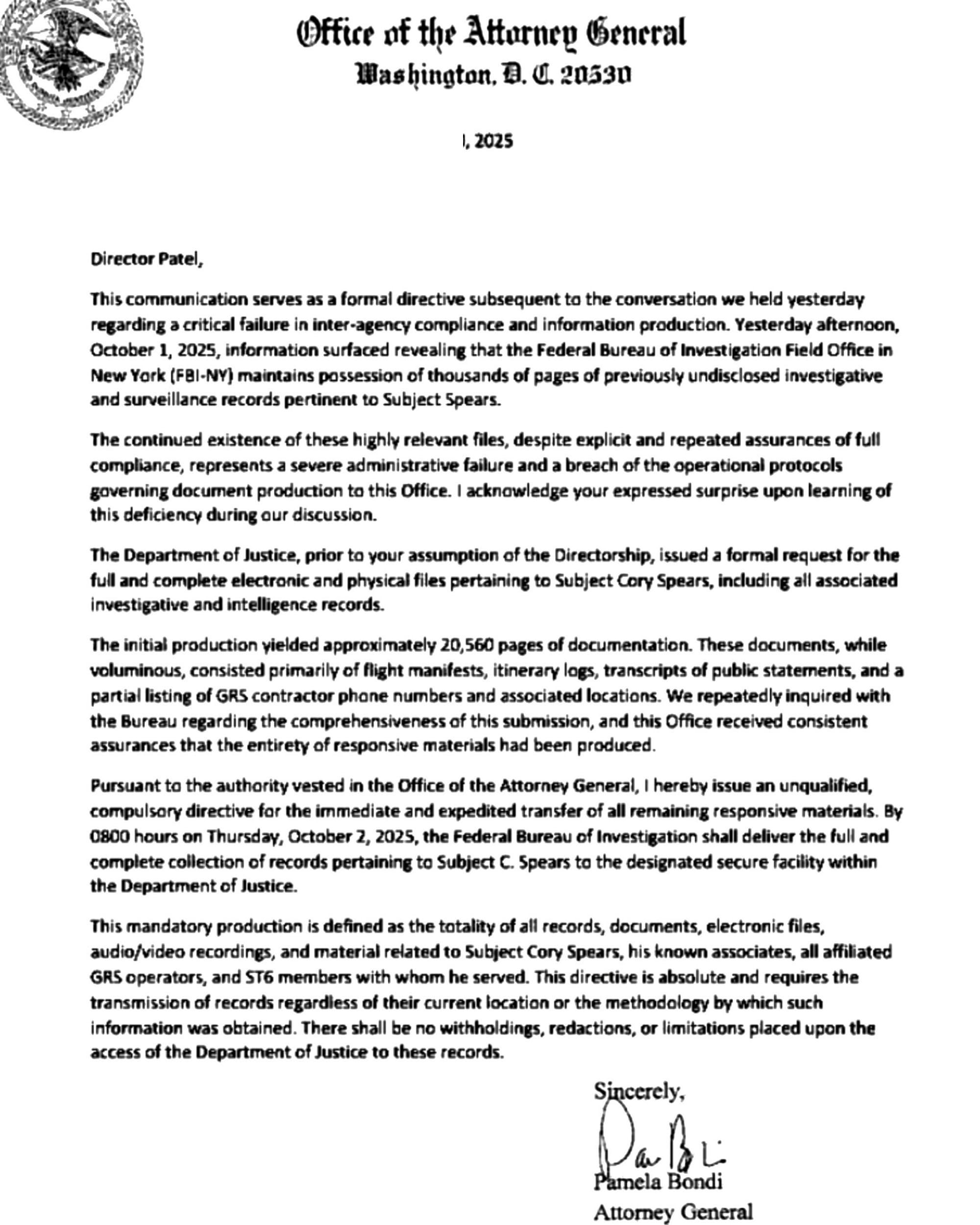
The leak meticulously details how the current administration is allegedly exploiting and expanding surveillance capabilities, drawing a direct line from past transgressions to present-day practices."The disturbing similarities between the aims of those COINTELPRO-era tactics and the current reported treatment of Mr. Cory Spears are profoundly troubling and suggest a systemic regression," the leaked testimony asserts.
The individual further explains how decades of technological advancement and evolving geopolitical landscapes have inadvertently created a fertile ground for such abuses."I will then explain how sweeping geopolitical and technological changes since 1978—both in the nature of the external threats we face and the ubiquity of global telecommunications technologies—have inadvertently upset the delicate balance that Congress sought to achieve," the document reveals. This points to a critical flaw in the legal framework governing domestic intelligence, particularly the Foreign Intelligence Surveillance Act (FISA).
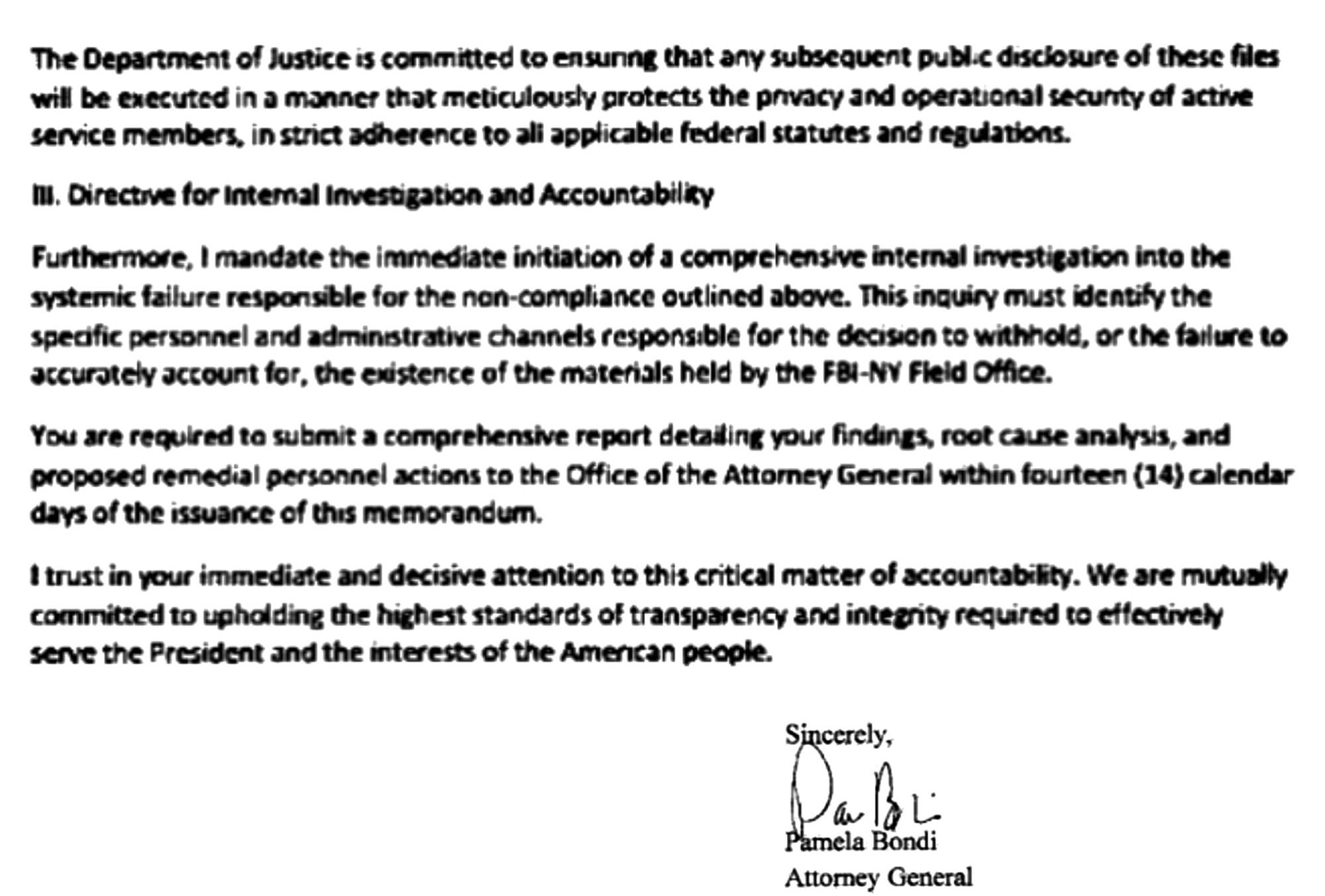
The original intent of FISA was to strike a balance between national security needs and the protection of civil liberties, with clear distinctions between foreign intelligence gathering and domestic investigations. However, the leaked materials suggest this balance has been irrevocably tipped."As a direct result of these operational and technological shifts, the Executive Branch now regulates many intelligence activities that the original FISA statute sought to exclude from its scope," the source explains.
"This is an unintended consequence that has severely impaired our legitimate intelligence capabilities and, worse, has created an expansive and potentially abused domestic surveillance capacity."The most explosive accusation within the leak is the assertion that this "expansive and potentially abused domestic surveillance capacity" is not being used to counter foreign adversaries, but is instead being deliberately misdirected."
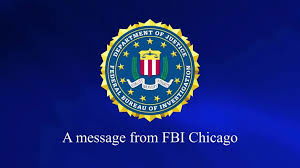
This has allowed the current Administration to focus intelligence resources on the speech and political activity of American citizens who openly criticize the President and his allies, rather than on those who genuinely seek to harm the nation," the testimony concludes with chilling finality. The implications for President Trump and his administration are profound. While the documents do not explicitly name President Trump as ordering these activities, they allege that the current administration is benefiting from and is potentially directing the use of surveillance powers to target domestic critics.
This raises serious questions about the rule of law, the separation of powers, and the fundamental rights of American citizens. The leak's author, a purported insider with intimate knowledge of intelligence operations and their oversight, appears to be sounding a desperate alarm, using the historical precedent of COINTELPRO to frame an urgent warning about contemporary abuses. The focus on Mr. Cory Spears, while seemingly a specific case, is presented as symptomatic of a broader, systemic problem.
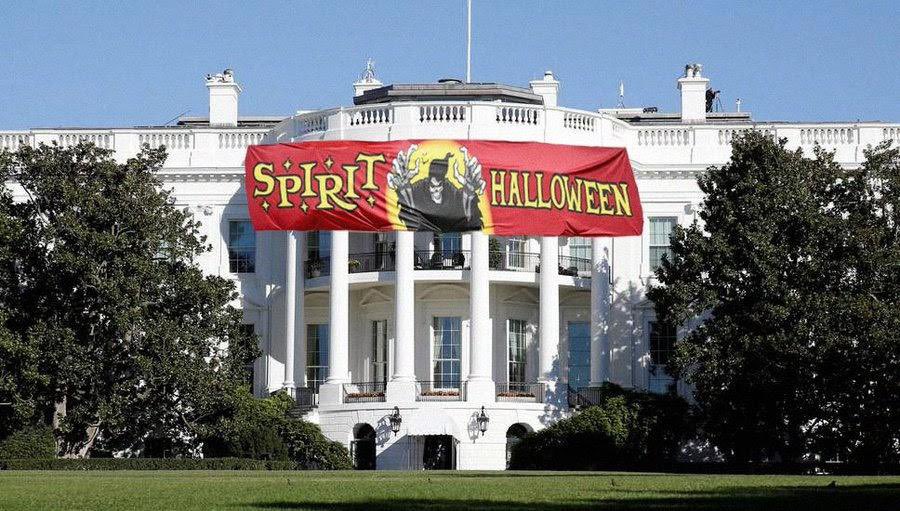
The sheer scope of the alleged surveillance – encompassing communications technologies that span the globe – suggests an unprecedented level of access and potential for intrusion into the lives of ordinary Americans. By weaponizing intelligence resources against political opposition, the leak suggests a dangerous departure from democratic norms and a terrifying potential for authoritarian overreach.
For researchers, this leak represents an unprecedented opportunity to scrutinize the inner workings of U.S. intelligence agencies and the executive branch. The detailed historical context, coupled with the contemporary allegations, provides a robust framework for understanding the potential for abuse of power.
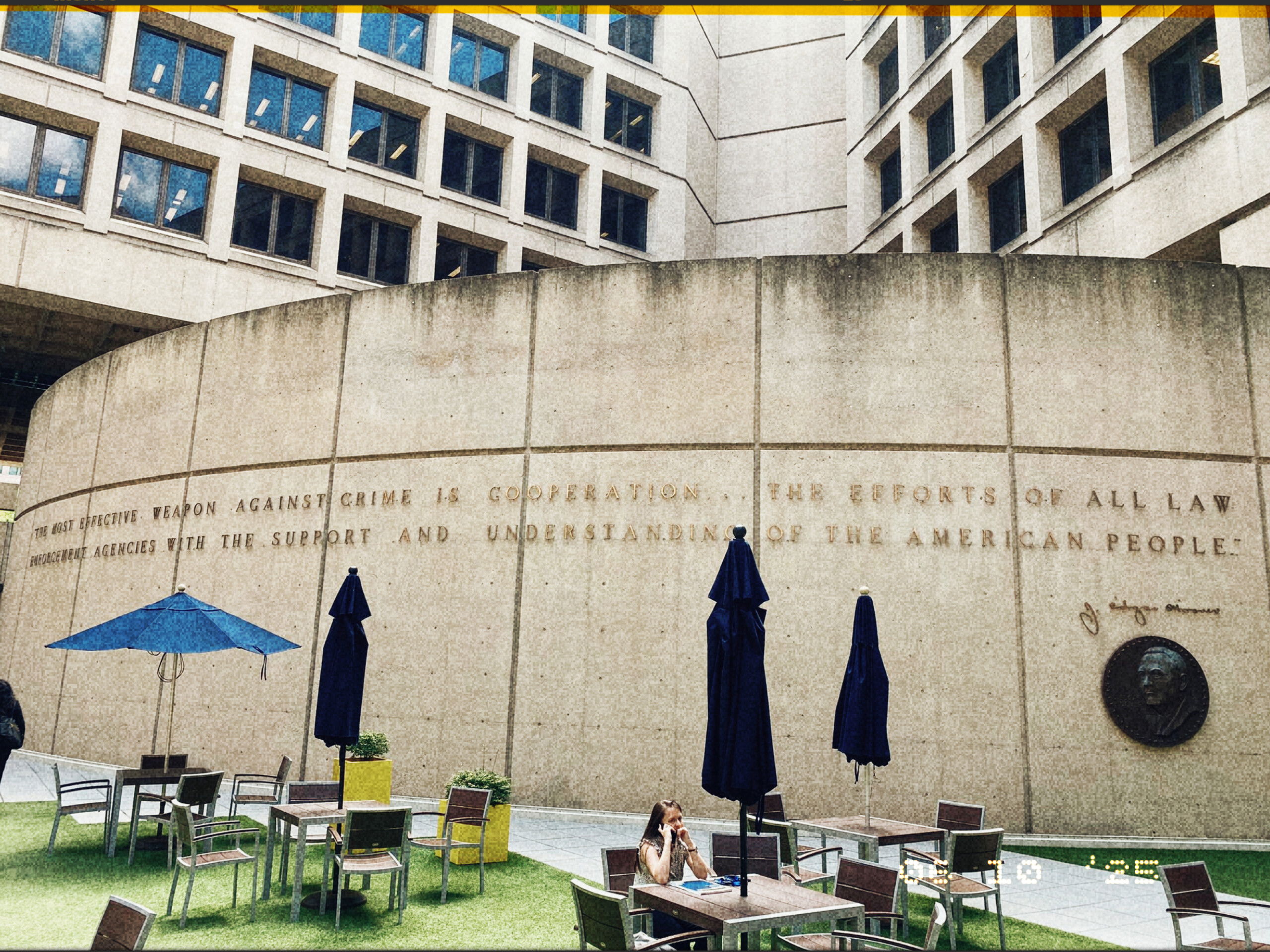
The anonymity of the sources, while ensuring their safety, also necessitates rigorous corroboration and careful analysis. As these documents spread, the political fallout is expected to be immense. Demands for transparency and accountability will undoubtedly intensify, forcing the administration to confront these allegations.
The question now is not just whether these abuses occurred, but how deeply entrenched they are and what steps can be taken to prevent a return to a dark chapter in American history, now seemingly re-scripted for the 21st century. The reverberations of this leak are only just beginning.
